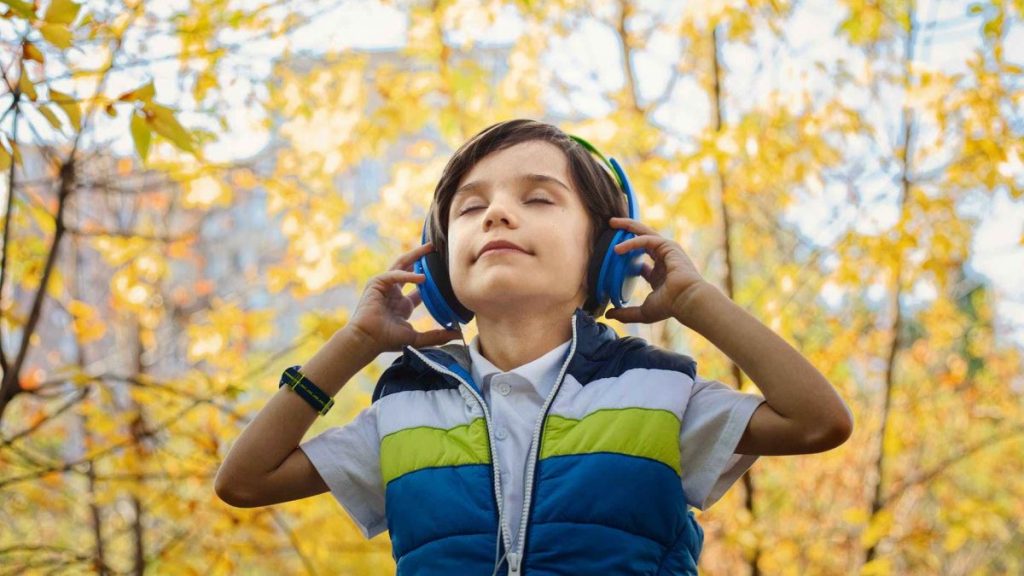When planning your next event or party, the right party supplies can make all the difference in creating a vibrant, enjoyable atmosphere. From decorations to accessories, having the essentials ready ensures your gathering will be memorable and fun for all attendees. The key is to focus on colorful, eye-catching items that add excitement and energy, making your event comes to life. First, decorations are crucial in setting the tone of your event. Balloons, streamers, and garlands are timeless choices that bring immediate flair to any space. Whether you are looking for classic metallics or bold, bright hues, these items can quickly transform a simple venue into a festive wonderland. Adding a themed element to your decor, such as paper lanterns, flags, or banners that tie into your event’s vibe, can enhance the experience and make your guests feel more immersed in the celebration. Tableware is another essential that combines functionality with aesthetics. Colorful plates, cups, napkins, and cutlery in complementary shades or patterns bring personality to your dining area.

For larger gatherings, consider opting for disposable options for easy cleanup, but ensure they do not compromise the fun, vibrant look. The right serving dishes and trays also help display your food beautifully, Nicro making every dish a part of the visual experience. For the perfect mood lighting, string lights, candles, and lanterns can create a warm, inviting atmosphere. Whether you are hosting an outdoor garden party or an indoor event, soft lighting brings a magical touch that encourages relaxation and enjoyment. For a more dynamic experience, consider using colored LED lights or flashing lights that pulse to the beat of the music. They can elevate the excitement, especially during dancing or interactive moments. No party is complete without activities to keep everyone entertained. Party games like trivia, charades, or fun icebreakers help create a lighthearted, engaging environment.
Set up activity stations with supplies for arts and crafts, or create themed photo booths where guests can take silly pictures. Do not forget props like hats, oversized sunglasses, or feather boas that encourage guests to get creative and add to the fun! Another important item is the music setup. A solid sound system or a simple Bluetooth speaker is vital for getting the energy flowing. Prepare a playlist in advance or hire a DJ to ensure the music suits your party’s theme and keeps the atmosphere lively throughout the event. Finally, party favors are a small but thoughtful gesture that leaves guests with something to remember. Consider personalized trinkets or fun giveaways that complement your party’s theme. These keepsakes not only show appreciation for your guests’ presence but also serve as reminders of a fun time spent together. Incorporating these must-have party supplies into your event will ensure a lively, colorful, and enjoyable atmosphere, making your celebration one that everyone will cherish.





